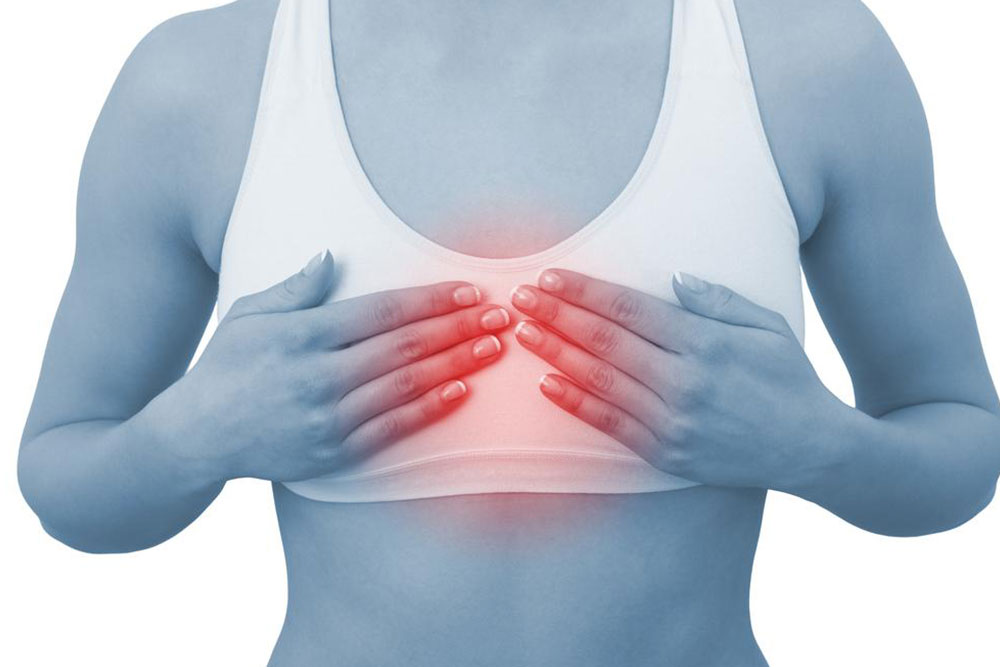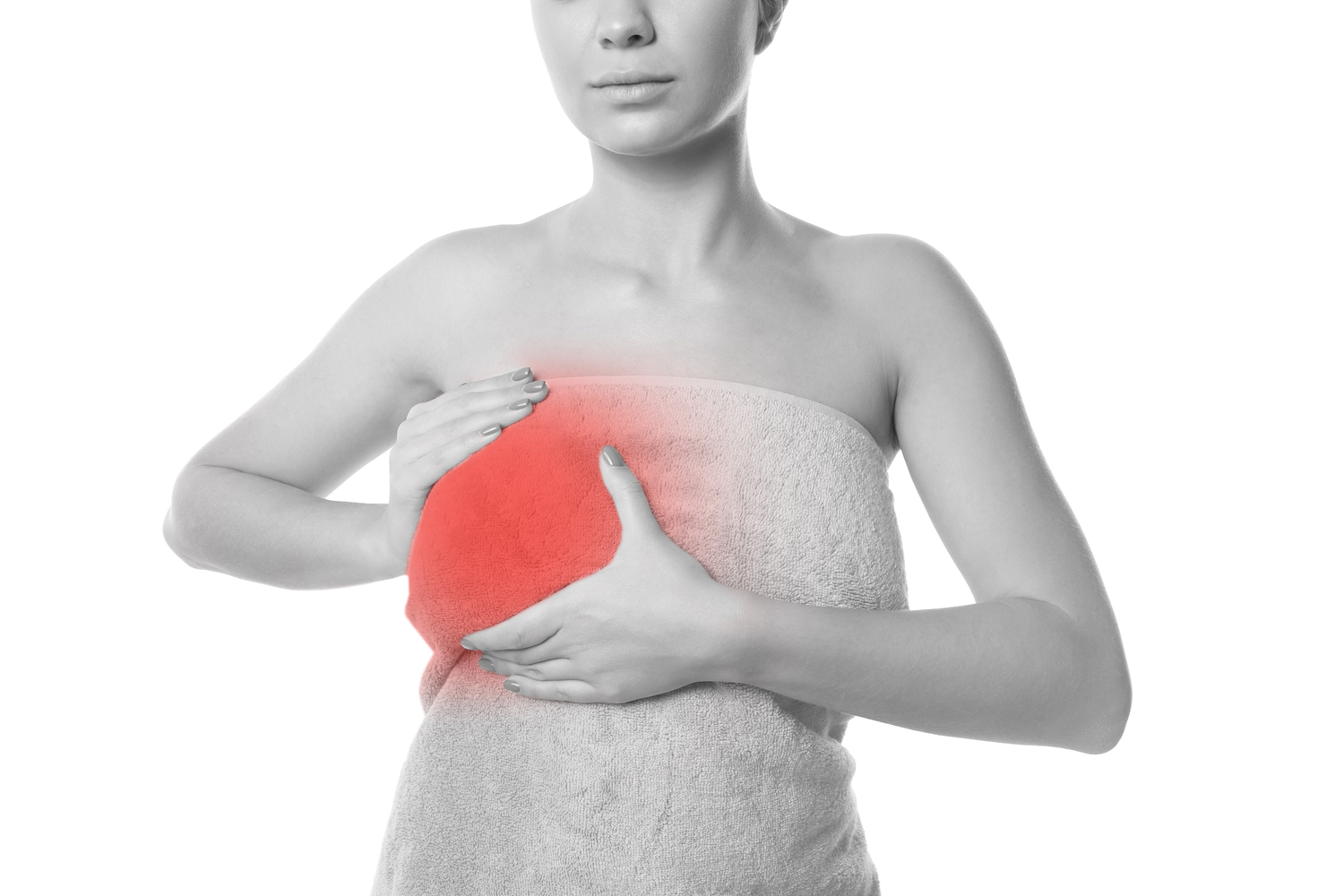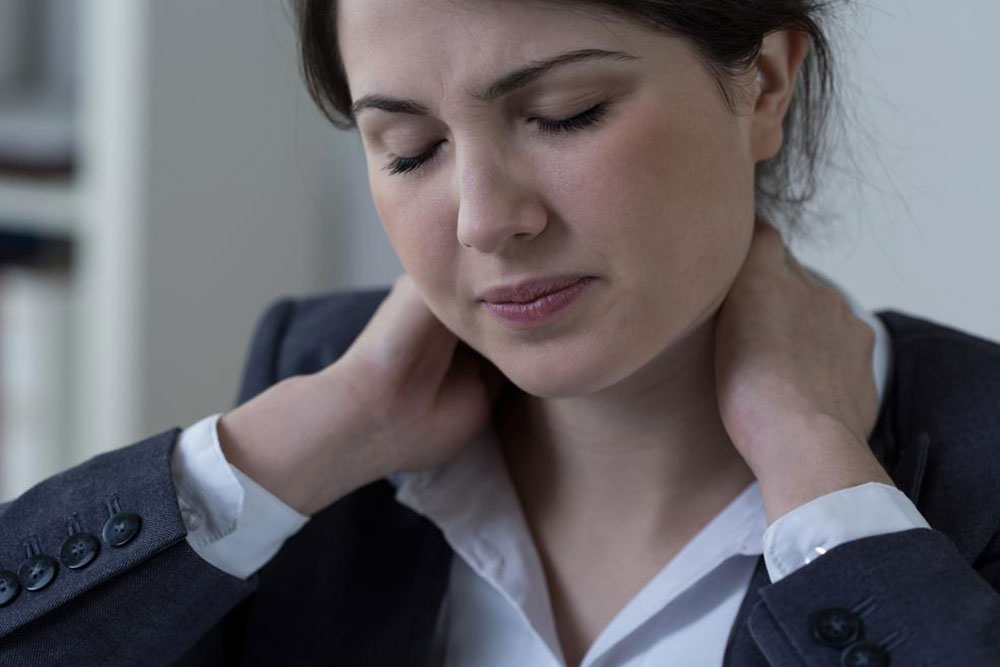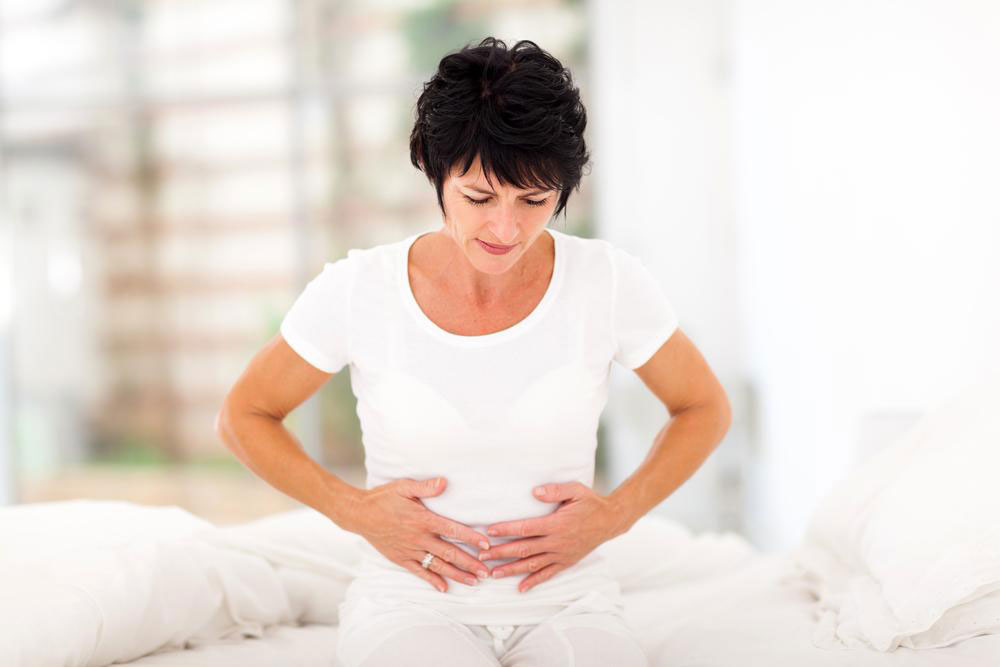Top 6 Reasons Behind Breast Discomfort
Breast discomfort affects many women and can be caused by hormonal fluctuations, diet, surgery, medication, ill-fitting bras, or underlying health issues. Most pain is benign, but persistent discomfort should be evaluated by a healthcare professional to rule out serious conditions. Understanding these common causes helps women manage symptoms effectively and seek timely medical attention when needed.
Sponsored

Many women experience breast discomfort at some point, with nearly 70% reporting it at least once. This pain can be localized in the breast or surrounding chest area. While some worry about breast cancer, most cases are linked to other common factors.
Known as mastalgia, breast discomfort is classified into cyclical and noncyclical types. Cyclical pain relates to hormonal shifts before or during periods, whereas noncyclical discomfort may result from injury or tissue trauma.
The sensation may range from tingling to sharp, burning sensations. Several factors contribute to breast pain, including:
Hormonal Shifts - Fluctuations in estrogen and progesterone levels throughout life can cause breast tenderness and lumps. The sensitivity may increase with age, and menstrual cycles typically cause pain that eases afterward.
Diet - Consuming high-sugar, high-fat foods or refined carbs can increase the risk of breast discomfort. Unhealthy diets may exacerbate symptoms.
Post-Surgical Effects - After breast surgery, discomfort can persist even after healing, especially around scar tissue, lasting for some time.
Medications - Certain medicines, such as fertility drugs, oral contraceptives, or antidepressants, might lead to breast pain with regular use.
Ill-Fitting Bras - Wearing improperly fitted bras that are too tight or loose can insufficiently support the breasts, resulting in discomfort.
Breast Abnormalities - While most breast cancers are painless, some tumors may cause discomfort, especially if accompanied by nipple discharge, lumps, or skin redness. Any persistent pain warrants medical consultation.
If breast pain persists beyond two weeks, seeking medical advice is essential to determine the cause.






